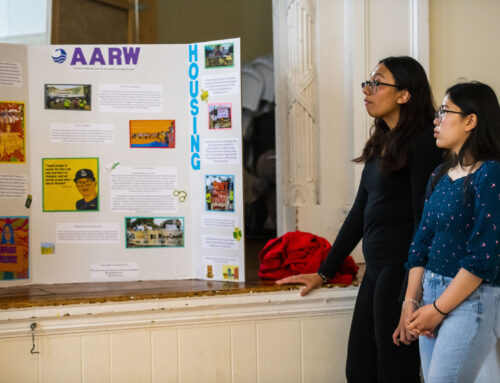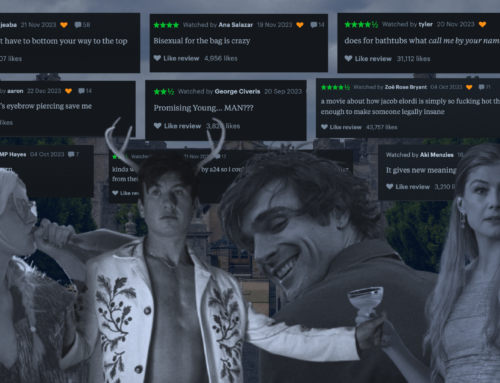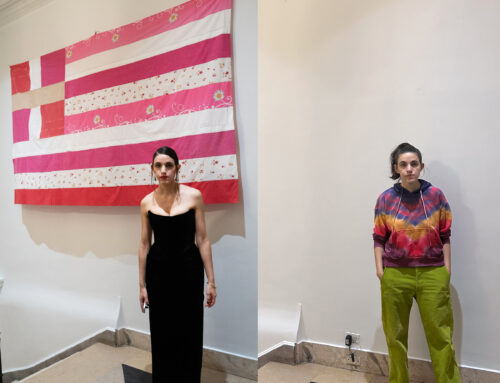When I was in elementary school, my friends and I became quickly interested in grander versions of the game House. No longer interested in being just an ordinary family, we moved on to more lavish fantasies — we played popstars and socialites and film characters.
Among these was a favorite: Taylor Swift. I never did get to play Swift, but I was her assistant, manager, and best friend wrapped into one. Though by no intentional malice or racism of my friends, they automatically assumed her role because, of course, they looked like her. If we went on by this pattern, it would seem I could never be the star of the show. No one we were interested in playing was an Indian woman.
In considering the illustrious history of pop culture, specifically Hollywood, a familiar pattern emerges: behind each larger than life female protagonist stands a woman of color, propping her up. Whether it be in watching Cher Horowitz’s Dionne Davenport or Rory Gilmore’s Lane Kim, it became glaringly clear that a woman of color was meant to remain in the background, meaning my story as an Indian American, would remain a flatter and less valid subplot to that of my white counterparts.
It wasn’t until Never Have I Ever, a newly released Netflix original series, had I seen the story of a girl who looked like me, had the same problems as me, and struggled with her identity as both an immigrant and a teenager, like me.
At the center of the show is Devi Vishwakumar, a first-generation Indian American navigating through high school after the untimely death of her father. She doesn’t play into the stereotypes that sidekicks of color like Kim and Davenport do, she’s instead afforded a fully shaped identity. Devi is selfish and inconsiderate, competitive and obsessed with boys and popularity. At the same time, she’s deeply endearing, as she, like all other teenagers, is just finding herself.
In fact, most of the show works only because of the complexity of her character. Her spunk is so clearly evident from the very first scene, where she asks every Hindu god for some recompense, following a bad year, preferably in the form of thinner arm hair, an invitation to a party with drugs and alcohol, and most importantly, a boyfriend, this boyfriend being “a stone-cold hottie who can rock me all night long.” Devi is funny and relatable to the average Indian-American — a character quality that should’ve been fundamental in my media intake, yet nevertheless, unprecedented.
As in almost every coming of age story, Devi deals with the confusion of who she is as a person and who she wants to be in high school. But this time, Devi also tries to find a balance between her Indian roots and her American upbringing. That tale itself is one familiar to any American immigrant, as Devi not only wanders after the unattainable boy, Paxton Hall Yoshida, but also strives for a spot at Princeton and success over her academic rival, who eventually forms the other third of her love triangle, Ben Gross.
Her constant struggle with her Indian identity, shifting back and forth between appreciation and resentment of a culture different from that of her peers, is something that further enables the very dichotomy of many first-generation American teens.
And like many first-generation immigrants, Devi has a complicated relationship with her parents. Devi and her mother Nalini argue constantly, with their animosity rooted in the denial of her father’s death and their conflicting opinions of what a young Indian American should be focused on, yet it’s obvious that these arguments are only made out of love.
However, in an attempt at celebrating Indian culture, the show sometimes fails to address some topics delicately enough. Islamophobia, unfortunately, is highly prevalent in Indian culture, but instead of condemning it, the show introduces a woman who married a Muslim man without her family’s consent who after divorcing him, heavily regrets not listening to her parents.
The show itself is a little typical — a nerdy girl falls for the high school jock who slowly comes to love her, but it isn’t lacking charm. Sure, it’s chock full of embarrassing and often cliched moments that lead up to the romance, but frankly, it was nice seeing an Indian American girl get a win in romance. Certainly, Never Have I Ever isn’t perfect. But Devi is given the room to fumble, to be herself and grow, just like typically white protagonists are.
The plot is infused with Devi’s Indianness, not ignored nor overwhelming, and each moment of rebellion or acceptance of her Desi roots are carefully considered, deliberate and crafted masterfully.
Never Have I Ever seen a show so perfectly relatable to me.




